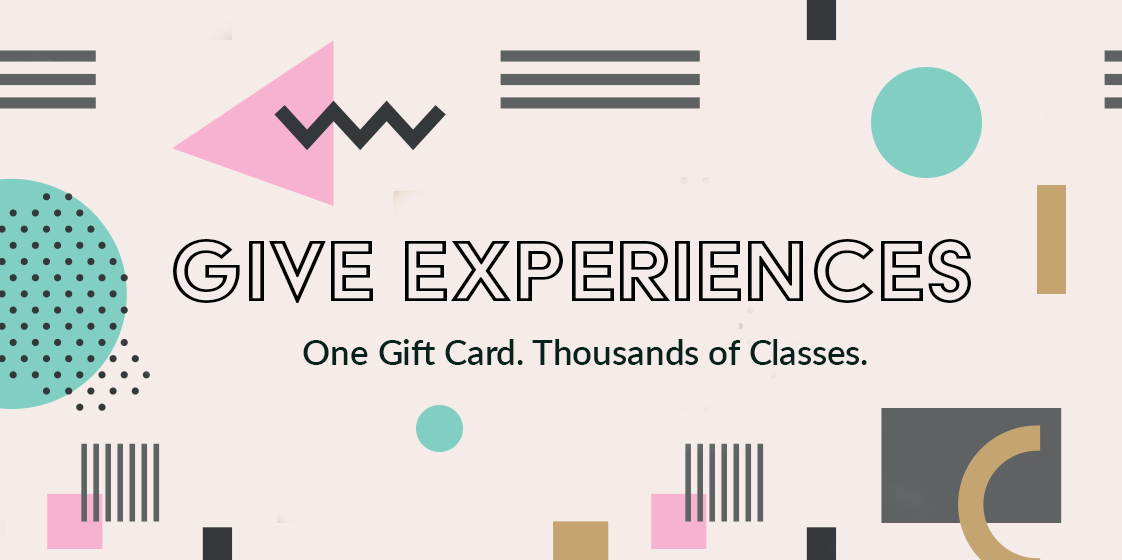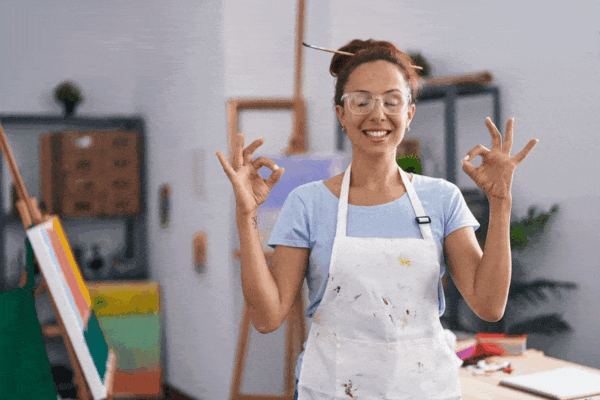May 9th
6–9pm PDT
Discover the art of wine tasting in Boston as you explore a variety of reds, whites, and rosés, learning to identify key tasting notes and understand the characteristics of different grape varieties.
Unfortunately, no classes in-person in Boston have spots left, but 20 classes live online are available.
San Francisco Wine School @ Online
Explore the vibrant flavors of the Mediterranean as you sip on the finest wines from Portugal, Spain, and Greece. Uncover the rich history and distinct characteristics of ancient wine regions in this immersive workshop.
May 9th
6–9pm PDT
May 9th
6–9pm PDT
May 9th
6–9pm PDT
San Francisco Wine School @ Online
Discover the rich flavors and warm climate wines of Southern France in this immersive course. Join us as we explore the renowned wine regions of Bordeaux, Beaujolais, Rhone Valley, and more. Expand your wine knowledge and experience authentic tastes that can never be replicated.
Apr 25th
6–9pm PDT
Apr 25th
6–9pm PDT
Apr 25th
6–9pm PDT

Thousands of classes & experiences. No expiration. Gift an experience this holiday season and make it a memorable one. Lock in a price with the Inflation Buster Gift Card Price Adjuster™
Explore private group events and team building activities ranging from cooking to art, escape rooms, trivia, and more
Explore Wine Tasting Private Group Events
San Francisco Wine School @ Online
Enhance your tasting prowess with Master Sommelier David Glancy in an advanced Blind Tasting workshop. Explore high-acid, unoaked white wines, unraveling their intricate profiles and regional influences. Join us to refine your palate and elevate your understanding of varietals and global wine regions.
Apr 29th
6–8:30pm PDT
Apr 29th
6–8:30pm PDT
Apr 29th
6–8:30pm PDT
San Francisco Wine School @ Online
Refine your tasting skills with Master Sommelier David Glancy as you explore challenging flights of sparkling, fortified, and dessert wines. Delve into the nuances of each wine, discussing global regions and styles while deciphering influences from grape variety, terroir, and winemaking techniques. Ideal for advanced enthusiasts seeking to elevate their understanding and palate in the world of wine.
May 3rd
6–8:30pm PDT
May 3rd
6–8:30pm PDT
May 3rd
6–8:30pm PDT
San Francisco Wine School @ Online
Embark on a sensory exploration of the elusive Pinot Noir grape, celebrated for its complexity and global presence. Uncover its origins and diverse characteristics, navigating through a curated tasting flight showcasing its expressions from various international regions. Ideal for wine enthusiasts and professionals alike, this class offers insights into Pinot Noir's intricate interplay of climate, soil, and tradition, offering a profound understanding of its enigmatic allure.
May 4th
11am–1pm PDT
May 4th
11am–1pm PDT
May 4th
11am–1pm PDT
San Francisco Wine School @ Online
Refine your palate with our workshop on Aromatic White Wines. Learn to recognize and profile the nuances of aromatic dry to off-dry whites through challenging blind tastings. Gain insights into regional and varietal influences while exploring global wine regions. Ideal for advanced enthusiasts seeking to deepen their understanding of aromatic white wines and enhance their blind tasting skills.
May 6th
6–8:30pm PDT
May 6th
6–8:30pm PDT
May 6th
6–8:30pm PDT
San Francisco Wine School @ Online
Unravel the nuances between Pinot Gris and Pinot Grigio as you embark on a global journey through vineyards, exploring their origins, climates, and distinct profiles. Delve into tastings of diverse examples, from light and dry to full and sweet, uncovering the varietal's secrets from Alto Adige to Alsace and beyond. Perfect for enthusiasts and professionals alike, this workshop unveils the intricate tapestry of these beloved wines.
May 11th
11am–1pm PDT
May 11th
11am–1pm PDT
May 11th
11am–1pm PDT
San Francisco Wine School @ Online
Refine your palate with Master Sommelier David Glancy as you explore the intricate nuances of global thin-skinned red wines. Unlock the secrets behind regional and varietal influences in a dynamic, hybrid learning environment that caters to both in-person and virtual participants. Elevate your tasting expertise with guided exercises and curated wine selections.
May 13th
6am–8:30pm PDT
May 13th
6–8:30pm PDT
May 13th
6–8:30pm PDT
San Francisco Wine School @ Online
Discover the hidden gems of the wine world in this workshop that explores the regions, climate, grapes, labeling, and styles of wines from Germany, Austria, Hungary, and more. Taste a selection of six to eight wines as you learn about Spatburgunder, Riesling, Gruner Veltliner, Tokaji, and more. Expand your wine knowledge with San Francisco Wine School.
May 16th
6–9pm PDT
May 16th
6–9pm PDT
May 16th
6–9pm PDT
San Francisco Wine School @ Online
Explore the fascinating world of Zinfandel, California's iconic grape variety, and its genetic relatives from Italy, Croatia, and beyond. Discover the diverse characteristics of Zinfandel across international regions through a guided tasting of five to six wines. Perfect for wine enthusiasts and those looking to enhance their tasting skills and knowledge.
May 18th
11am–1pm PDT
May 18th
11am–1pm PDT
May 18th
11am–1pm PDT
San Francisco Wine School @ Online
Refine your tasting skills with Master Sommelier David Glancy as you dissect thick-skinned red wines in this advanced blind tasting workshop. From jammy to tannic, explore the nuances of each grape variety and unravel the distinctions between regional and varietal identities across major wine-producing regions worldwide. Ideal for those seeking to deepen their understanding of wine and elevate their tasting expertise.
May 20th
6–8:30pm PDT
May 20th
6–8:30pm PDT
May 20th
6–8:30pm PDT
San Francisco Wine School @ Online
Unlock the secrets of North American wines at the renowned San Francisco Wine School. Explore the rich history, diverse climates, and unique wine styles of California, Oregon, Washington, and more. Immerse yourself in this immersive workshop and take your wine knowledge to new heights.
May 23rd
6–9pm PDT
May 23rd
6–9pm PDT
May 23rd
6–9pm PDT
San Francisco Wine School @ Online
Explore the diverse flavors and characteristics of Chardonnay wines from around the globe in this immersive workshop. Discover how climate, soil, and tradition influence the taste of this widely-grown grape. Perfect for Chardonnay enthusiasts and wine lovers looking to deepen their knowledge and tasting skills.
May 25th
11am–1pm PDT
May 25th
11am–1pm PDT
May 25th
11am–1pm PDT
San Francisco Wine School @ Online
Embark on a global wine journey as you uncover the hidden gems of Chile, Argentina, New Zealand, Australia, and South Africa's vineyards. Discover the unique flavors and styles of Marlborough Sauvignon Blanc, Casablanca Chardonnay, Maipo Carmenere, Mendoza Malbec, Barossa Shiraz, and Stellenbosch Pinotage. Expand your wine knowledge with this immersive workshop.
May 30th
6–9pm PDT
May 30th
6–9pm PDT
May 30th
6–9pm PDT
San Francisco Wine School @ Online
Master the art of wine tasting with this sensory evaluation workshop, where you'll learn to identify flavors, aromas, and characteristics. Students will also learn to detect winemaking flaws. Enhance your wine-tasting skills and knowledge through guided blind tastings of six wines.
Jun 3rd
6–9pm PDT
Jun 3rd
6–9pm PDT
Jun 3rd
6–9pm PDT
San Francisco Wine School @ Online
Embark on a global journey to uncover the diverse tastes and expressions of Syrah/Shiraz wines. Discover the origins, characteristics, and how this dark-skinned grape thrives in different climates and soils. Join us for a guided tasting of six wines that will challenge your palate and reveal the common threads of this captivating varietal.
Jun 1st
11am–1pm PDT
Jun 1st
11am–1pm PDT
Jun 1st
11am–1pm PDT
San Francisco Wine School @ Online
Explore the diverse and surprising world of Riesling wines, from bone-dry to sweet, through a guided tasting of six international varieties. Discover the origins, characteristics, and common threads of this beloved grape in this must-attend workshop for Riesling lovers and wine enthusiasts looking to expand their knowledge.
Jun 8th
11am–1pm PDT
Jun 8th
11am–1pm PDT
Jun 8th
11am–1pm PDT
San Francisco Wine School @ Online
Refine your tasting precision with Master Sommelier David Glancy in this advanced workshop. Enhance your blind tasting skills through timed drills and techniques, honing focus and timing. Gain invaluable exam preparation strategies to optimize your approach to wine evaluation.
Jun 10th
6–8:30pm PDT
Jun 10th
6–8:30pm PDT
Jun 10th
6–8:30pm PDT
San Francisco Wine School @ Online
Embark on a global journey exploring the diverse flavors and characteristics of Cabernet Sauvignons, guided by expert sommeliers. Uncover the secrets behind this iconic varietal as you indulge in a curated tasting experience. Perfect for wine enthusiasts looking to enhance their knowledge and palates.
Jun 15th
11am–1pm PDT
Jun 15th
11am–1pm PDT
Jun 15th
11am–1pm PDT
San Francisco Wine School @ Online
Unveil the global secrets of crisp wines from cool climates as you embark on a guided tasting journey. Explore the nuances of Old World vs New World wines and discover the elegance of cool climate grapes like Chenin Blanc, Pinot Gris, Riesling, and Sauvignon Blanc. Join us for an unforgettable experience in the world of cool-climate wines.
Jun 24th
6–9pm PDT
Jun 24th
6–9pm PDT
Jun 24th
6–6pm PDT
Try removing some filters.
Wine Tasting Classes in Boston are rated 4.5 stars based on 13 verified reviews from actual CourseHorse.com purchasers.







Get special date and rate options for your group. Submit the form below and we'll get back to you within 2 business hours with pricing and availability.